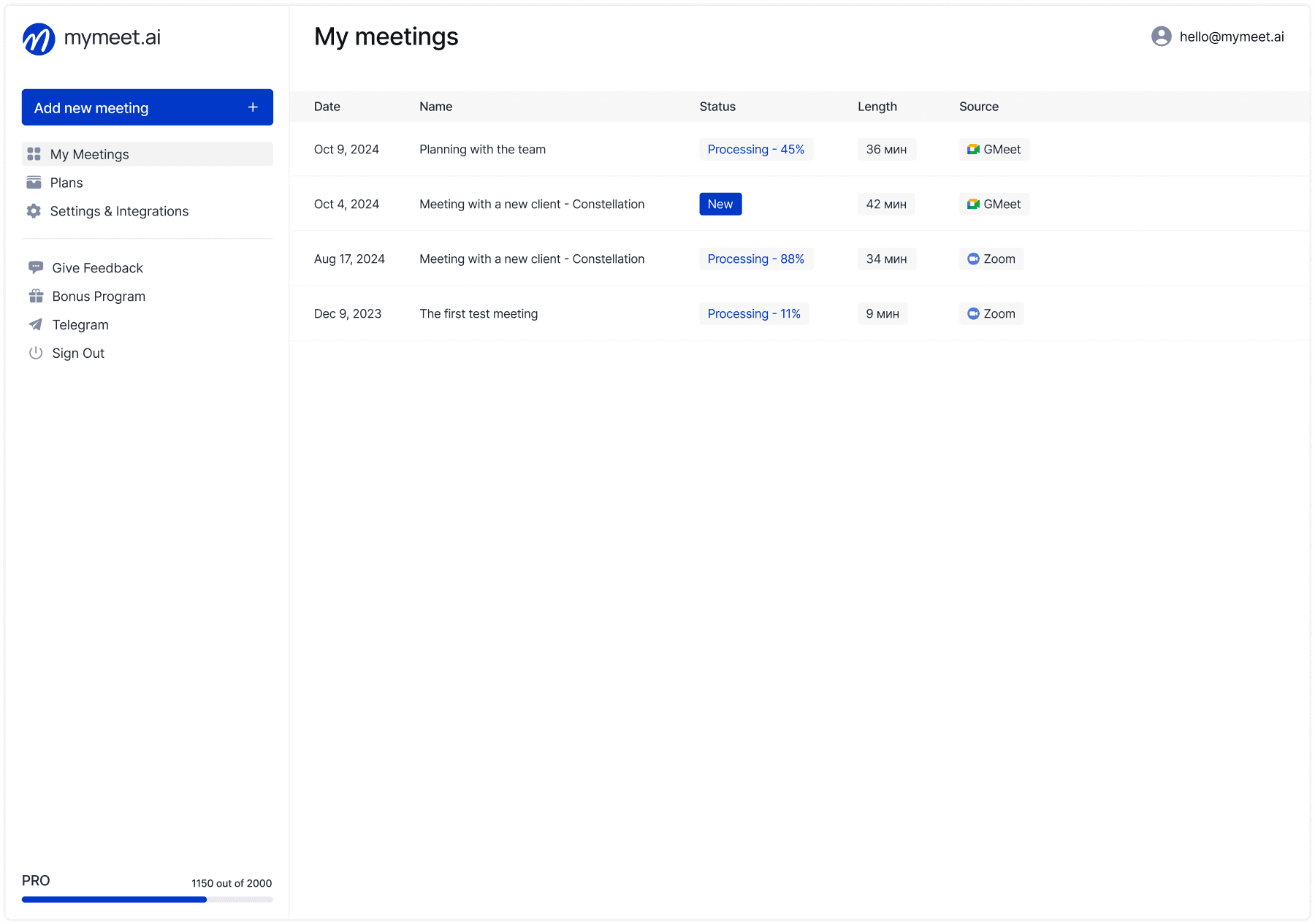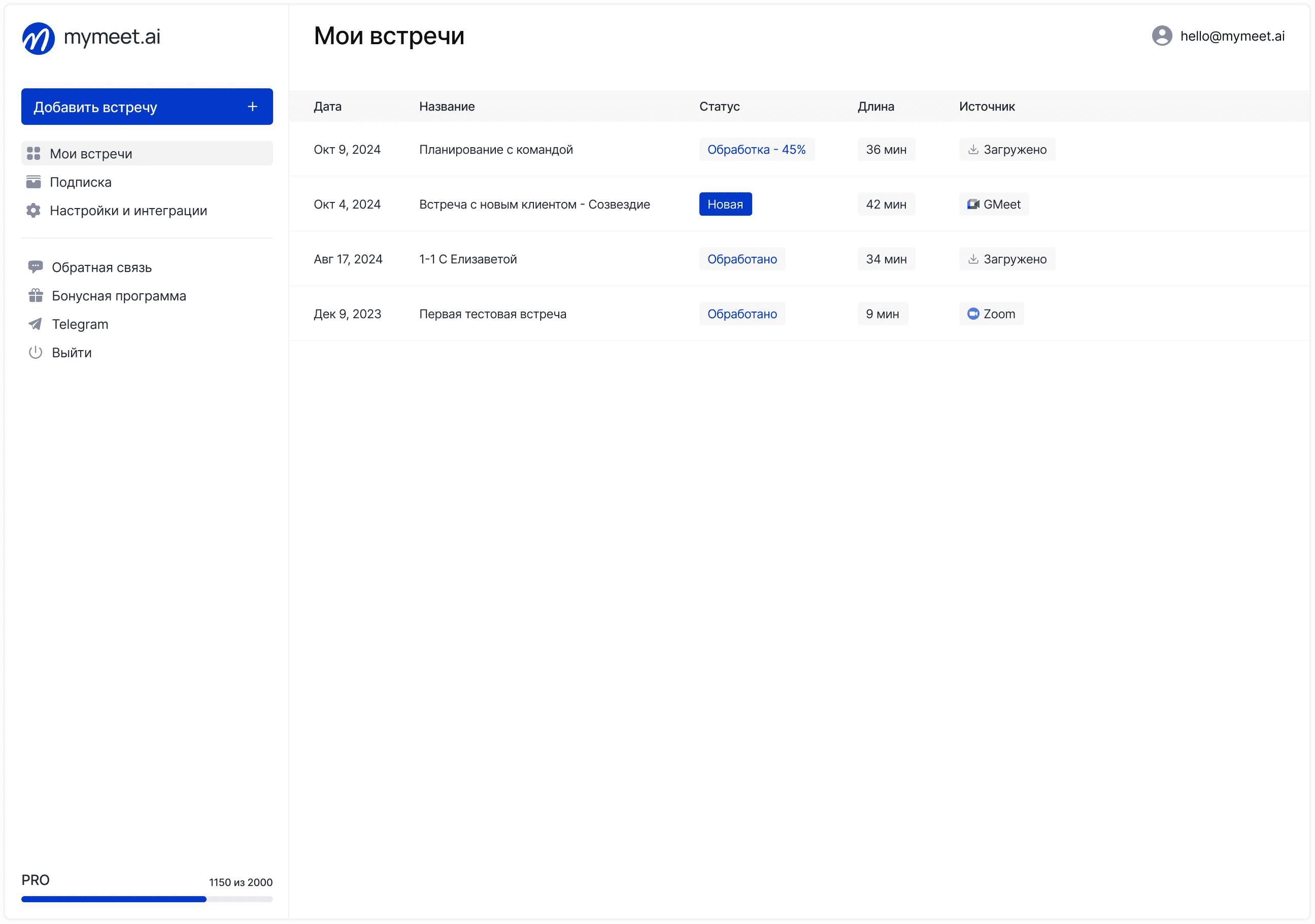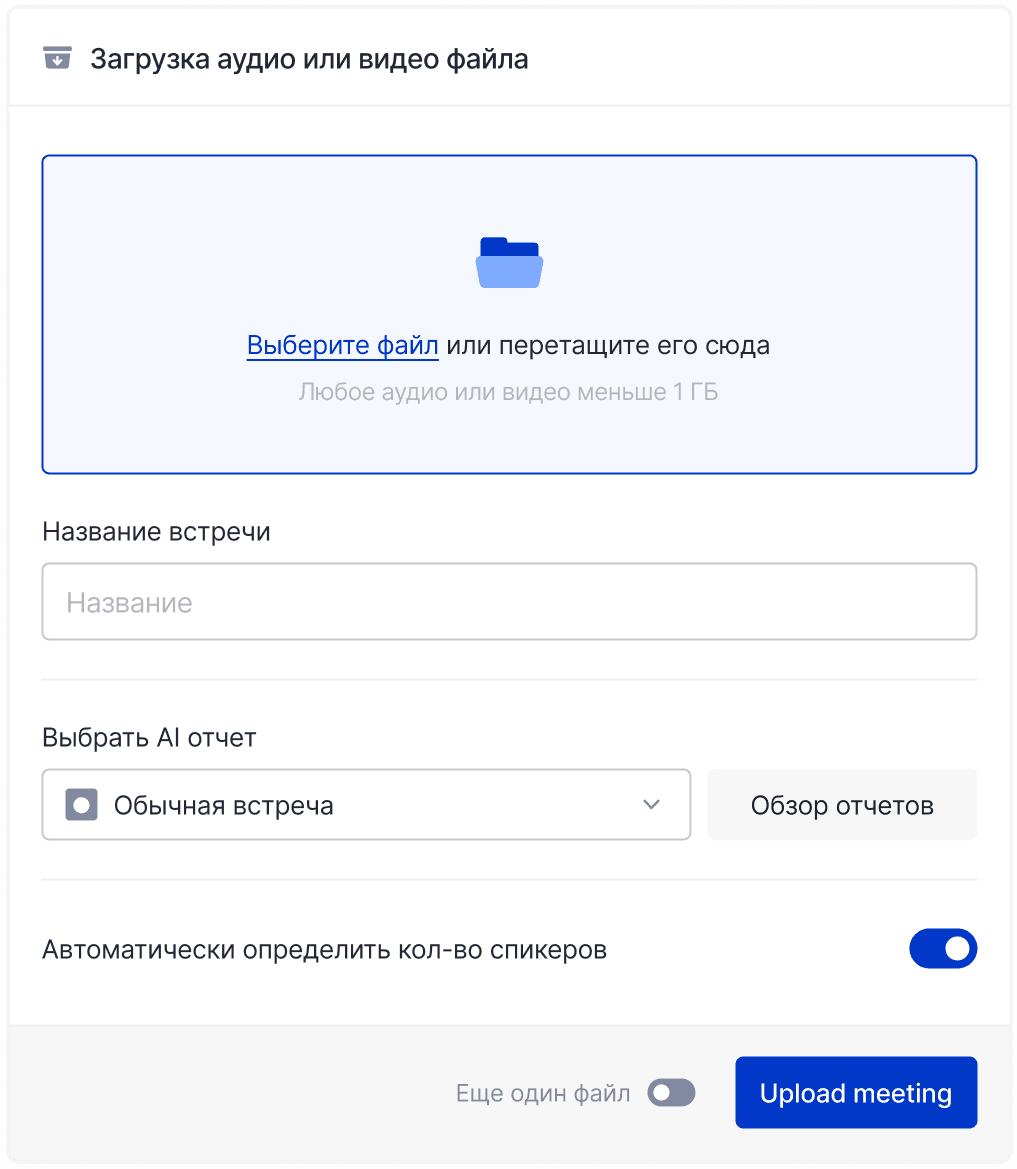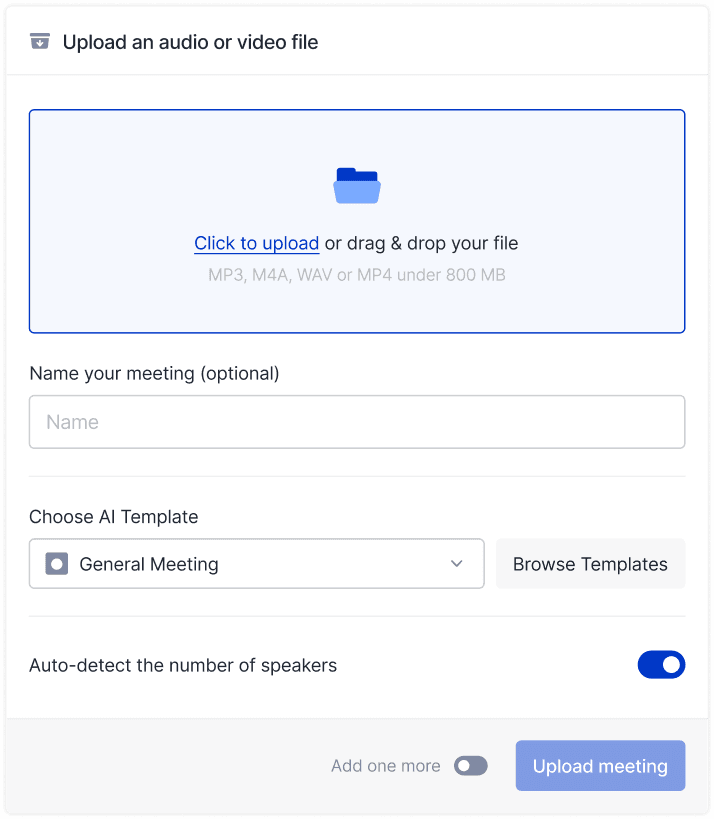Technology & AI

Fedor Zhilkin
Jul 10, 2025
A SaaS company faced a critical problem: customers were leaving suddenly, without visible warning signals. The customer success team worked reactively, learning about churn only after receiving subscription cancellation notifications. Management decided to implement an AI system for analyzing customer interactions. The result exceeded expectations: artificial intelligence began predicting customer churn two months before actual departure, allowing the team to proactively work with at-risk accounts and dramatically reduce churn rate.
Artificial intelligence is transforming approaches to customer success management in companies worldwide. Traditional customer data analysis methods give way to machine learning and predictive analytics. AI technologies allow companies to transition from reactive problem solving to proactive customer churn prevention and lifetime value maximization.
AI in Customer Success: New Era of Retention

Artificial intelligence fundamentally changes ways of working with customers, providing unprecedented opportunities for behavioral data analysis and future action prediction. Modern AI systems process massive information arrays in real-time, identifying hidden patterns and trends.
Role of Artificial Intelligence in Modern CS
Artificial intelligence acts as an intelligent assistant for customer success teams, automating routine tasks and providing deep insights about customer behavior. AI analyzes data from multiple sources: CRM systems, product analytics, communication platforms, support systems.
Machine learning allows identifying complex relationships between various factors affecting customer success. Algorithms can discover non-obvious correlations between user activity, support request frequency, specific feature usage, and contract renewal probability.
AI Advantages Over Traditional Methods
Traditional customer success approaches rely on manual analysis of limited metric sets and manager intuition. AI systems process much larger data volumes with high accuracy and speed unattainable for humans.
Predictive machine learning models can forecast customer behavior based on historical data and current trends. This allows customer success teams to take preemptive measures for churn prevention or upsell opportunity identification.
AI Technology Development Trends for Business
Natural language processing technology development opens new possibilities for customer communication analysis. AI can automatically analyze email sentiment, chats, and calls, identifying signs of customer dissatisfaction or satisfaction.
Generative artificial intelligence revolutionizes personalized customer content creation. Systems can automatically generate individual recommendations, training materials, and communications adapted to specific customer needs.
AI Tools for Customer Data Analysis

Modern AI platforms offer a wide spectrum of tools for deep customer data analysis and success management process automation. Choosing appropriate solutions depends on business specifics and company technological maturity.
AI Solution Type | Main Functions | Implementation Time | Potential Effect |
Predictive Analytics | Churn prediction, LTV, upsell | 2-4 months | 20-40% churn reduction |
NLP Communication Analysis | Sentiment analysis, mood | 1-2 months | Early risk detection |
Process Automation | Notifications, tasks, reports | 1-3 months | 30-50% time savings |
Content Personalization | Individual recommendations | 3-6 months | 25-60% engagement growth |
Predictive Customer Churn Analytics

Machine learning algorithms analyze historical data about departed customers, identifying common behavior patterns before product abandonment. Models consider multiple factors: activity decline, feature usage changes, support request frequency, communication response time.
Modern predictive models achieve churn prediction accuracy above 85%, allowing customer success teams to focus efforts on highest-risk accounts. Systems provide not only predictions but explanations of risk factors for each specific customer.
Behavioral Pattern Analysis

AI systems track detailed user behavior within products, identifying successful usage patterns and potential problem zones. Machine learning can determine optimal onboarding paths, critical activation functions, and highest abandonment risk moments.
Customer clustering based on behavioral data allows creating personalized interaction strategies. AI automatically groups customers with similar usage patterns and suggests optimal approaches for each segment.
Automatic Customer Base Segmentation

Traditional customer segmentation is based on demographic characteristics and contract size. AI systems create dynamic segments based on behavioral data, goal progress, and various outcome probabilities.
Automatic segmentation adapts to customer behavior changes in real-time. Customers can transition between segments depending on their current status, ensuring more accurate targeting and interaction personalization.
Customer Success Automation with AI
Artificial intelligence automates numerous routine customer success management tasks, freeing specialist time for strategic customer work. Automation increases process consistency and reduces human error probability.
Key processes for AI automation:
Real-time customer account health monitoring
Automatic task and notification creation for CS managers
Personalized customer progress report generation
Optimal timing planning for proactive contacts
Automatic customer prioritization by risk level and opportunities
Individual action plan creation for each account
AI Assistants for CS Managers
Virtual assistants based on artificial intelligence help customer success managers in daily work, providing contextual recommendations and automating information tasks. AI assistants can answer customer status questions, suggest next steps, and create communication drafts.
Calendar system integration allows AI to plan customer meetings based on activity analysis and optimal interaction time windows. Systems consider time zones, customer preferences, and issue criticality.
Automatic Notifications and Alerts
AI systems continuously monitor key customer account health indicators and automatically generate notifications when detecting deviations from norm. Algorithms consider each customer's specifics and adapt threshold values to their individual patterns.
Intelligent alerts contain not only problem information but action recommendations, task priority, and contextual information for managers. This allows specialists to quickly understand situations and take appropriate measures.
Communication Personalization
AI analyzes customer communication preferences: optimal contact times, preferred communication channels, communication style, and interaction frequency. Based on this analysis, systems automatically personalize communication strategies for each customer.
Generative AI models create personalized content: emails, offers, training materials adapted to specific customer roles, industries, and current goals. This increases communication relevance and improves engagement.
mymeet.ai: AI Platform for Customer Success

The mymeet.ai platform represents advanced AI solution specifically developed for customer success teams. The system combines artificial intelligence capabilities with deep understanding of business needs.

Key mymeet.ai AI capabilities for customer success:
✅ AI customer meeting analysis — automatic mood identification, pain points, and opportunities based on conversation analysis

✅ Predictive risk analytics — machine learning identifies early customer dissatisfaction signals through meeting tone and content analysis
✅ Report automation — AI creates structured reports about each customer interaction, saving up to 75% documentation time
✅ Personalized insights — system analyzes each customer's unique needs and suggests individual interaction strategies

✅ Intelligent notifications — AI automatically identifies critical moments in customer relationships and timely informs teams
✅ AI-based knowledge base — automatic creation of best practice libraries from successful customer interactions
✅ Multilingual processing — support for 73 languages with special focus on quality speech processing
✅ Compliance with standards — complete data localization and compliance with international data protection requirements
mymeet.ai algorithms continuously learn on company data, becoming increasingly accurate in predicting customer needs and identifying relationship improvement opportunities. The platform integrates with popular CRM systems and video conferencing platforms, ensuring seamless workflow for customer success teams.
mymeet.ai analytical dashboards provide leaders with real-time insights about customer base health, team effectiveness, and ROI from customer success investments. AI automatically identifies trends and anomalies, helping make data-driven decisions.
Train employees to work with the AI assistant. Submit an application via the form for a corporate webinar.

AI Implementation in Customer Success Processes
Successful AI technology implementation in customer success processes requires strategic approach and phased realization. Companies must consider technical readiness, data quality, and team readiness for changes.
AI Solution Implementation Stages
First stage includes current process and data audit, priority automation area determination, and appropriate AI tool selection. Companies must evaluate customer data quality and completeness, since AI effectiveness directly depends on incoming information quality.
Pilot implementation on limited customer groups allows testing AI solutions in real conditions and collecting team feedback. Important to start with simple use cases and gradually expand functionality as experience accumulates.
Scaling to the entire customer base occurs after successful pilot completion and process optimization. At this stage, quality team training and new work procedure creation are critically important.
Integration with Existing Systems
AI platforms must organically integrate with the company's existing IT ecosystem: CRM systems, analytics platforms, communication tools. Quality integration ensures unified customer view and automatic data exchange between systems.
API integrations allow AI systems to receive data from multiple sources and enrich them with machine learning. Modern platforms offer ready connectors to popular business applications, simplifying technical realization.
Team Training for AI Work
AI technology implementation requires developing new competencies in customer success teams. Specialists must learn to interpret machine learning results, work with predictive models, and use AI insights in daily work.
Training programs should include both technical preparation for AI platform work and analytical thinking development for effective data use. Regular training helps teams stay current with new capabilities and best practices.
AI Effectiveness Measurement in Customer Success
Objective evaluation of AI technology implementation results requires establishing clear metrics and KPIs that reflect artificial intelligence impact on key business indicators.
AI Solution KPIs and Metrics
Predictive model accuracy is measured through precision and recall of churn, upsell, and other key event predictions. High-quality AI systems achieve prediction accuracy above 80-85% for most use cases.
Operational metrics include risk response time, routine task automation, and team productivity increase. AI should reduce data analysis time and increase time devoted to direct customer work.
Return on Investment from Artificial Intelligence
Economic effect from AI solutions manifests through customer churn reduction, lifetime value increase, and customer success team efficiency improvement. Typical ROI is 200-500% within the first year after implementation.
Indirect benefits include customer experience improvement, NPS increase, and organic growth through satisfied customer recommendations. AI helps create more personalized and relevant interactions, positively affecting overall brand perception.
AI Implementation Challenges
Companies worldwide face unique challenges when implementing AI technologies, related to regulatory requirements, technical limitations, and cultural features.
Technical Barriers and Solutions
Data quality and structure often becomes main obstacle for effective AI use. Many companies have fragmented data systems and insufficient digital maturity for full machine learning utilization.
Solution includes phased process digitization, data consolidation, and data governance investments. Companies should start with simple AI solutions and gradually develop technological competencies.
Legal Aspects of AI Use
Compliance with data protection requirements is critically important when working with AI systems that process customer information. Companies must ensure data localization and algorithm decision transparency.
Developing AI technology regulation requires companies to comply with ethical principles and responsible machine learning use. Important to choose AI platforms that provide explainable AI and comply with international standards.
Team Preparation for AI Work
Cultural resistance to new technologies can slow AI solution implementation. Teams fear artificial intelligence will replace their work, requiring quality communication about AI's role as assistant, not replacement.
Training and team development investments are critically important for successful implementation. Specialists must understand AI capabilities and limitations, be able to interpret results and make informed decisions based on machine learning.
Conclusion
Artificial intelligence fundamentally transforms customer success management approaches, providing companies with unprecedented opportunities for understanding customer needs and preventing their churn. Companies that first master AI technologies in customer success will gain substantial competitive advantages.
Successful AI implementation requires strategic approach, quality data, and team readiness for changes. Technologies should complement human expertise, not replace it, creating synergy between artificial intelligence and professional specialist skills.
Customer success future belongs to companies that effectively combine AI technologies with deep understanding of customer needs. Artificial intelligence investments pay off through churn reduction, customer value growth, and long-term partnership relationship building.
Start customer success digital transformation today: test mymeet.ai AI capabilities and evaluate how artificial intelligence can revolutionize your team's work. 180 minutes of free testing will show real potential of modern technologies for your business.
FAQ About AI in Customer Success
How does AI help predict customer churn?
AI analyzes multiple factors: activity decline, feature usage changes, communication tone, support request frequency. Machine learning identifies behavior patterns before product abandonment and predicts churn risk with accuracy above 85%.
What data is needed for effective AI work?
AI analysis requires user behavior data in products, communication history, contract information, satisfaction survey results, and support usage data. The more quality data, the more accurate AI predictions.
How long does AI solution implementation take?
Simple AI tools can be implemented in 1-2 months. Complex predictive systems require 3-6 months for implementation and model training. Full AI integration into all customer success processes takes 6-12 months.
Will AI replace customer success specialists?
AI complements specialist work, not replaces it. Artificial intelligence automates data analysis and routine tasks, allowing CS managers to focus on strategic customer work and relationship building.
How to ensure data security when using AI?
Choose AI platforms with appropriate data localization and compliance with international standards. Ensure data encryption, access control, and regular security audits. Use solutions with explainable AI for algorithm transparency.
What ROI can be expected from AI implementation?
Typical ROI from AI in customer success is 200-500% in first year. Main benefit sources: 20-40% churn reduction, 25-60% customer LTV growth, 30-50% team time savings, and increased prediction accuracy.
How to choose appropriate AI platform?
Evaluate predictive model quality, integration simplicity with existing systems, compliance with legislation, support quality, and customization capabilities for business specifics.
Does the team need special skills for AI work?
Teams need basic data work skills and machine learning principles understanding. Most modern AI platforms have intuitive interfaces but require training in result interpretation and AI insight-based decision making.
How to measure AI solution effectiveness?
Track predictive model accuracy, risk response time, task automation, key metric improvements (churn, NPS, LTV), and investment ROI. Compare indicators before and after AI implementation for objective effectiveness evaluation.
What mistakes are most commonly made during AI implementation?
Main mistakes: underestimating data quality importance, attempting to automate all processes simultaneously, insufficient team training, ignoring AI ethical aspects, and lacking clear implementation strategy with measurable goals.
Fedor Zhilkin
Jul 10, 2025








